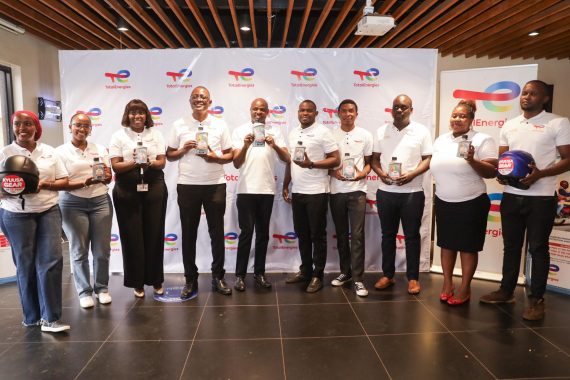Mental health has long been a neglected aspect of overall well-being, but thankfully, the tide is turning. Organizations across various sectors now recognize the importance of promoting mental wellness and creating supportive environments for their employees. Many organisations have implemented a holistic wellness program. This means prioritizing the mental health of their teams and fostering a more engaged and productive workforce by addressing the physical, emotional, and financial aspects of employees’ lives. Despite the progress made, mental health and the stigma surrounding it, remain a serious concern for the country.
According to the 2017 World Health Organisation report on mental health, Uganda is ranked among the top six countries in Africa with depression and anxiety disorders at 4.6% and 2.9% respectively. Approximately 5.1% of females and 3.6% of males suffer from depression and anxiety.
Sadly, there is often stigmatisation around mental health. Some view it as a sign of weakness for one to openly share their mental health challenges or ailments. As a result, many people suffer silently to avoid stigma and being judged. It is essential to debunk these myths and change the narrative surrounding mental health. Working with mental health experts who provide insights, and demystify misconceptions, can help minimize the stigma associated with mental health. Fostering open and honest conversations can also promote a culture of empathy and understanding.
Prevention is always better than cure when it comes to mental health. Putting practical measures in place that aid identifying signs and symptoms of stress, burnout, and other mental health challenges can be very crucial in creating a healthy work environment.
We must acknowledge that mental and physical health are intimately linked. Companies must take proactive steps to encourage physical fitness in the workplace like regular employee fitness or workout sessions, encouraging employees to participate in activities like sports leagues, and sports galas among others. Organisations need to continuously highlight the value of regular exercise as a means of reducing stress, burn-out and improving general well-being. Further, regular physical exercise when consistently done improves the quality of life for employees and ultimately a more engaged and productive workforce.
Gestures such as celebrating staff achievements and milestones and offering support during challenging times such as the loss of a loved one create a sense of community and promote positive vibes within the workplace. This creates closeness and connection.
Managers play a crucial role in supporting their teams. By equipping them with the necessary skills and knowledge, they can promote mental wellness within their teams and facilitate access to professional help when required.
As part of our transition to our new culture and commitment to live our new brand purpose; For People, For Better, KCB Bank Uganda has embraced a holistic wellness program to address mental health from a comprehensive perspective. We strive to live our values; closer, connected, and courageous in everything we do. This has created a positive work environment which improves the way employees feel. We also have an open-door policy and encourage our staff to reach out to their line managers, Human Resources department, colleagues, or counsellors for support and guidance when they feel challenged. As the understanding of mental health continues to evolve, it is encouraging to witness organizations take proactive measures to prioritize the well-being of their employees. By providing the necessary resources, promoting awareness, and fostering a supportive and positive work environment, they can ensure that employees’ mental health is given the attention it deserves. Investing in the employees’ well-being can pave the way for a happier, more engaged, and ultimately more productive work force.
By: Patience A.V Arinaitwe, Head of Human Resources KCB Bank Uganda
More in Uganda – https://www.youtube.com/watch?v=awhSeHYVAy0















